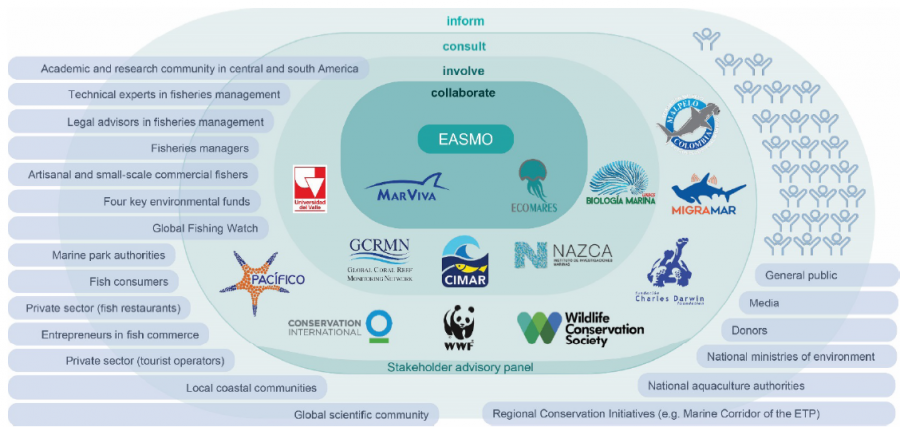Research projects
Funded research projects at SeaTox Lab
As Leading lab
The MARVEN Project (PI: Pedro M. Costa)
The Portuguese biotechnological database for marine animal venoms and toxins (Blue Fund Ref. FA_05_2017_007)
Research area: Marine Biology and Biotechnology
Project WormALL (PI: Pedro M. Costa)
Marine invertebrates as source of novel biotoxins: Investigating function and application through Polychaeta venomics (FCT Ref. PTDC/BTA-BTA/28650/2017)
Research area: Marine Biology and Biotechnology
Project ExtremeOceans (PI: Carolina Madeira; Co-PI: Pedro M. Costa)
Unravelling evolutionary physiology landscapes of coastal marine fauna under extreme temperatures using a multi-layer Systems Biology approach (FCT Ref. PTDC/BIA-BMA/1494/2020)
Research area: Climate change and Ocean Warming
Project Aquatrophys (PI: Carolina Madeira)
Marine molecular networks for sustainable fisheries and AQUAculture: modeling TROpical fish nutritional quality and PHYSiology under global change (2021.09718.CBM)
Research area: Climate change, Sustainable Fisheries and Aquaculture
Funding: Fundação para a Ciência e Tecnologia (FCT) || Deustscher Akademischer Austauschdienst (DAAD)
As participant
Project MicroToxFish (PI: Ana Rita Lopes)
Research area: Ocean Warming and Marine Environmental Toxicology
Projecto MicroToxFish, fundanded by FCT, i.p. (reference 2022.04136.PTDC) is a collaboration between MARE-ISPA (leading lab), UCIBIO (through the SeaToxLab, who is leading a task on biomarkers) and IPMA. The project will run from 2023 through 2025.
Project MBStox (PI: Ricardo Lagoa)
Research area: Environmental Toxicology
Project SeaSenseX (PI: Bruno Veigas)
Research area: Developments of novel biosensors for marine pollution (transnational project: Portugal-Macau)
Project EASMO (PI: Sonia Bejarano)
Research area: Ocean warming and marine resources (transnational project)
EASMO will investigate for the first time the impact of climate change on the distribution of reef fish throughout the Eastern Tropical Pacific Ocean (ETP) while considering cascading effects on biodiversity, ecosystem function, reef’s contributions to people, climate feedbacks, and socio-economic wellbeing. Ultimately, we will deliver several layers of new scientific knowledge that can be directly integrated into decision-making tools, support adaptive transboundary governance approaches, and propel actions for meeting the UN Sustainable Development Goals (SDGs) 2 Zero hunger, 13 Climate action, and 14 Life below water. The project will be coordinated by Germany (by the Reef Systems Group at ZMT Centre for Tropical Marine Research), with partners in Portugal, Australia, Colombia, Costa Rica, Norway, Sweden, UK and USA.

Concluded projects
Project GreenTech (PI: Pedro M. Costa)
Of pigments and toxins: an integrative approach to the biotechnological potential of a marine polychaete (FCT Ref. PTDC/MAR-BIO/0113/2014)
Research area: Marine Biology and Biotechnology
Project "3-Qs for Quality" (PI: Mário S. diniz)
Research area: Valuation of marine bioproducts
